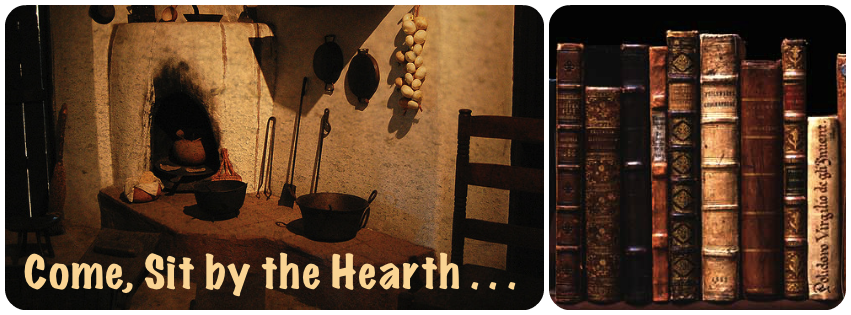- Linda McCarriston
We teenage girls all loved
a good suicide story. Belt noose,
waterlogged lungs, gas ovens,
The Bell Jar was our how-to
if we should want to push through
and blast a grand exit, though we never
did. We didn’t have to. What counted
was knowing we could have, if we dared,
this one small bit
of self-defeating agency.
But Plath was a poetic copout,
my teacher insisted, playing cheap, the tired
old trope of the lovely girl longing
for daddylove. Enough
with the depression, the pitymongering,
he said, look at Diane Wakowski
who showed us that at least
the world still has oranges in it.
But what teenage girl doesn’t feel
she’s got too little, or worse, too much
from Daddy? He’s an unreachable
shore, and we’re swimming till we drown,
either way. I like oranges, too, but
their sweetness is immaterial
when what you really want is not
daddy’s love so much as his power,
to grasp your tender life in your own hands.
from: Eva-Mary, a horrifying true account of the ugliness of family abuse and the refusal of those in power to halt the molestation and beatings, as well as the possibilities of survival. Poetry is an integral part of breaking that circle.
"It is a powerful work to use with teenagers or adults when introducing poetry books as 'books', not just collections. Tales of child abuse and family abuse never cease to horrify, but by themselves, they would not be a fine work of art, which is what this book is."

No comments:
Post a Comment